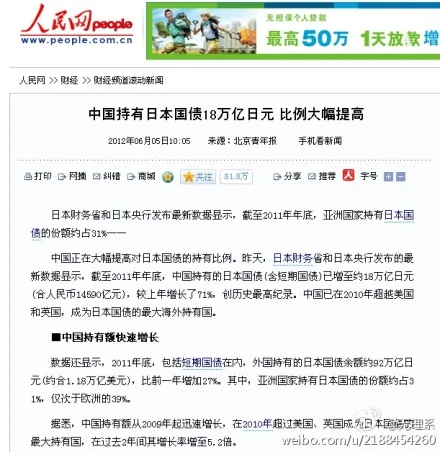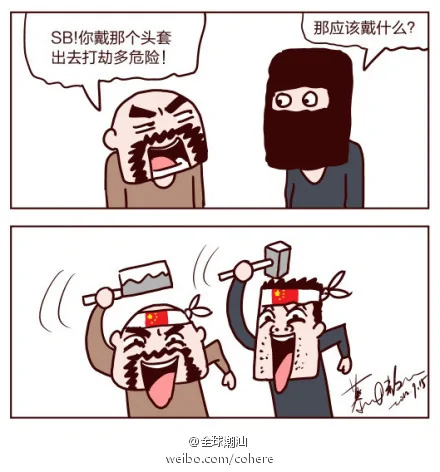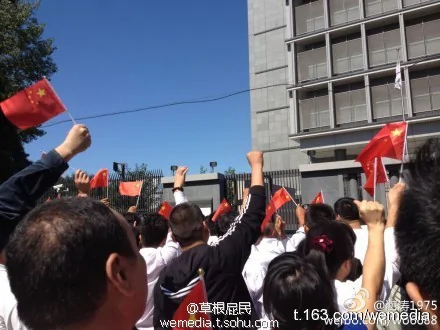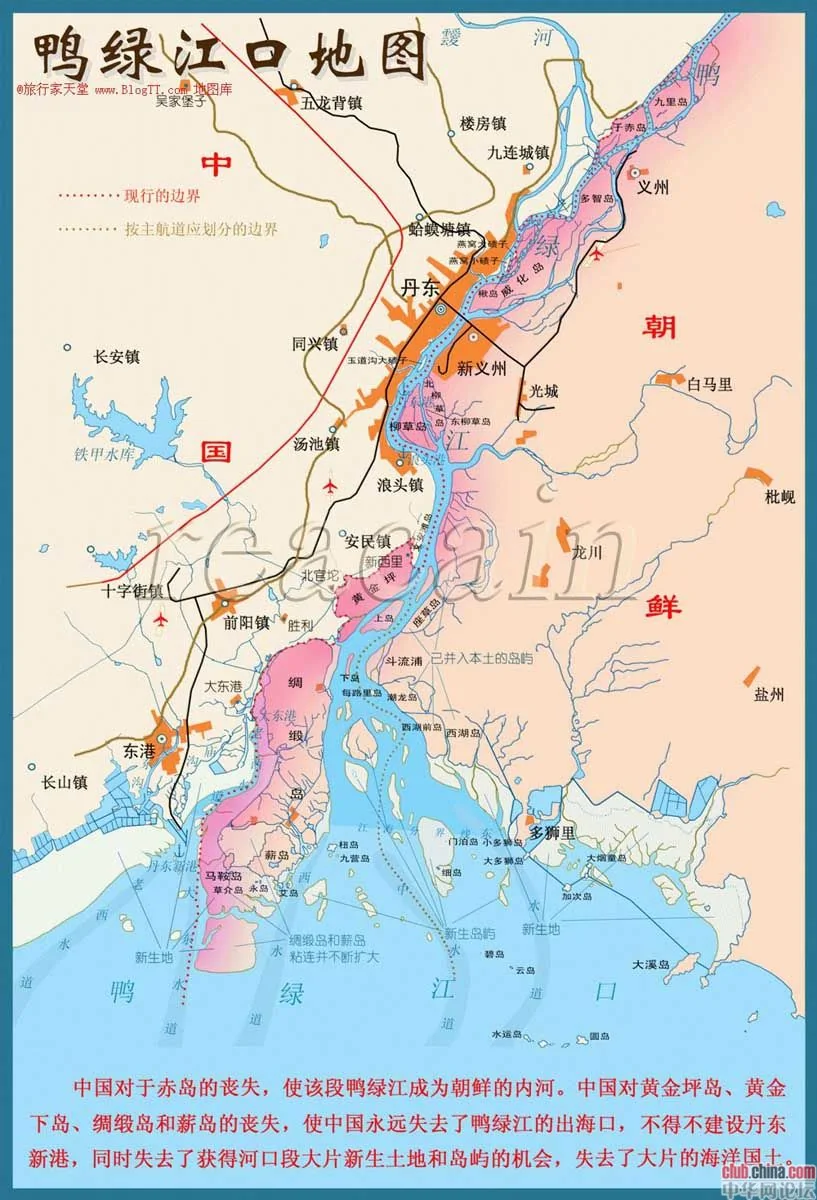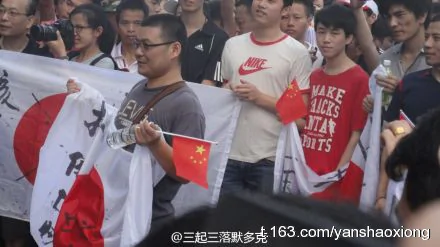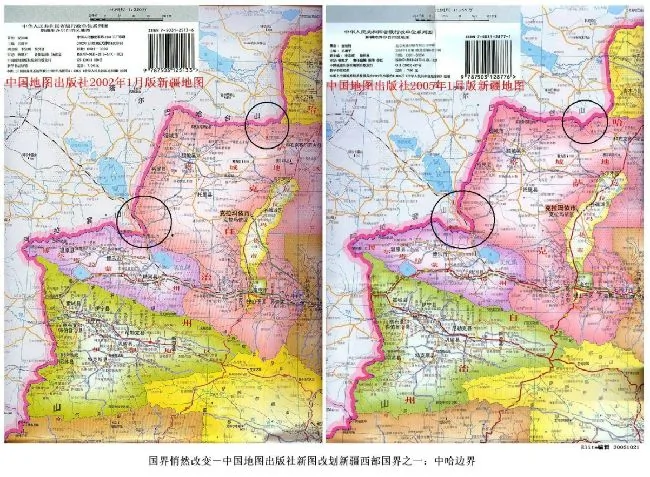Without rights, pride is empty
For Chinese-Americans, a sinking feeling
Despite their deep-rooted political differences regarding China's Communist government, many Chinese-Americans had high hopes that the Olympic Games would bring pride and respect to our communities.
Chinese restaurants here in Chicago proudly put the Olympic mascots on display. Chinese-Americans like me make a point of buying Olympic souvenirs for friends when we travel to China.
The Olympics, we hoped, would show mainstream America that China is no longer a poor country where most people are starving but one wealthy enough to compete as an equal in international sports. Plus, the Games could help allay any bad feelings caused by the scandals surrounding unsafe toys made in China.
Yet already, excitement is giving way to embarrassment. The tumultuous Olympic torch relay, which passed through Hong Kong without disruption Friday, left a trail not of pride and joy but of shock and anger.
Demonstrations by human-rights activists and pro-Tibetan groups outraged the Chinese government. In response, the news media controlled by the Beijing regime stirred up a nationalist frenzy. They depicted the protests as a ploy by pro-Tibetan separatists, the Western media and foreign governments to sabotage the Olympics and thus humiliate China.
In a recent speech, a senior Chinese Communist Party official called upon the Chinese public to start a "people's war" against those who would dare to criticize and isolate China.
The hostile rhetoric, the ensuing nationwide demonstrations, the boycotts against Western companies, all of this is reminiscent of Chairman Mao and his mobilizing of young people to use violence against individuals who dared to challenge the communist regime.
The Chinese leadership is stirring up a nationalistic frenzy in part to justify its crackdown on internal dissenters. It also aims to distract people's attention from the problems of rampant corruption and the widening gap between the rich and the poor. The leadership specifically exploits the passions of young people who, ignorant of the horrors in the country's turbulent past, have become the regime's willing tools.
The people's war has since expanded overseas as well: Chinese nationals and even Chinese-Americans have shown up en masse at the Olympic torch relays, waving red Chinese flags and shouting pro-China slogans to drown out the voices clamoring for human rights.
I find this shocking. These "patriots" are terrorizing dissenters and trying to impose their views—as well as values associated with a totalitarian society—on people in the free world.
A couple of weeks ago, a female Chinese student at Duke University attempted to mediate a small demonstration between the pro-China and pro-Tibetan students. For her trouble, she came under vicious attack from her fellow Chinese. She received death threats; her picture and personal information were posted on Web sites in China with captions such as "The ugliest Chinese student in the U.S." Her parents in China were forced into hiding. All this against a 20-year-old woman studying political science.
When the Olympic torch relay passed through San Francisco, a group of "patriotic" Chinese assaulted a human-rights activist, who ended up suffering severe neck injuries. Many other Chinese scholars suffered similar treatment and were branded "traitors" after they posted articles critical of the Chinese government.
These undemocratic tactics worry many Chinese-Americans like me, people who have chosen to become American citizens because we cherish the freedom and democracy here. As much as I want the Olympic torch relay and the subsequent Games to go smoothly, I cherish democratic values. Though I may not fully understand the views of the pro-Tibetan activists, I support their right to use the torch-relay ceremony in protest.
As someone who grew up in China in the 1960s and '70s, I understand well that athletics have had a deep political significance imbued with nationalistic overtones. After the communist takeover following World War II, sports came to be seen as a way to prove the West wrong about China. After a century of humiliation and brutal oppression by foreign powers, China was eager to show that it was not the "poor, sick man of East Asia."
In the words of the government, sports offered a way to weiguo zhengguang, or gain credit and face for our great motherland. That is why when the first Chinese athlete won the World Table Tennis Championship in the 1950s, he was treated as Americans treated Neil Armstrong after he stepped onto the moon.
But the past weeks have made me and many other Chinese-Americans realize that no matter how much patriotism is attached to the Olympic Games, a sporting event alone cannot gain China the recognition and respect it so desperately craves.
Chinese-Americans need to exercise their hard-earned rights in America and unite in response to the Chinese government's manipulation of nationalistic sentiments. Cracking down on dissent both inside and outside China could further tarnish China's image and lead to a more justifiable boycott of the Olympic Games.
"Chinese nationals [here in the U.S.] have been staging counterprotests, which would have never been possible if they had been living in China," observed Kang Zhengguo, a Chinese-American senior lecturer at Yale University, speaking recently at a human-rights rally. "Yet those demonstrators are taking advantage of the freedom here to vigorously promote a government that would deny such freedom to its citizens."
Even if I do not agree with them, I am glad these pro-China protesters can express their views and opinions freely in this great country, without worrying about detention or imprisonment. I hope they cherish this freedom. I hope this will be a good experience for those patriotic Chinese overseas to take home to China.
Maybe there they can help ordinary people in China gain their rights to protest if they do not agree with the government. Maybe in some way, the torch protests—like the Olympic Games themselves—can become a catalyst for change in China.
W.G. Huang is a freelance journalist and translator.
More articles
Subscribe to Chicago Tribune home delivery and save 50% off the newsstand price.
Copyright © 2008, Chicago Tribune
http://www.chicagotribune.com/news/opinion/chi-china-olympics-thinkmay04,0,6495438.story







